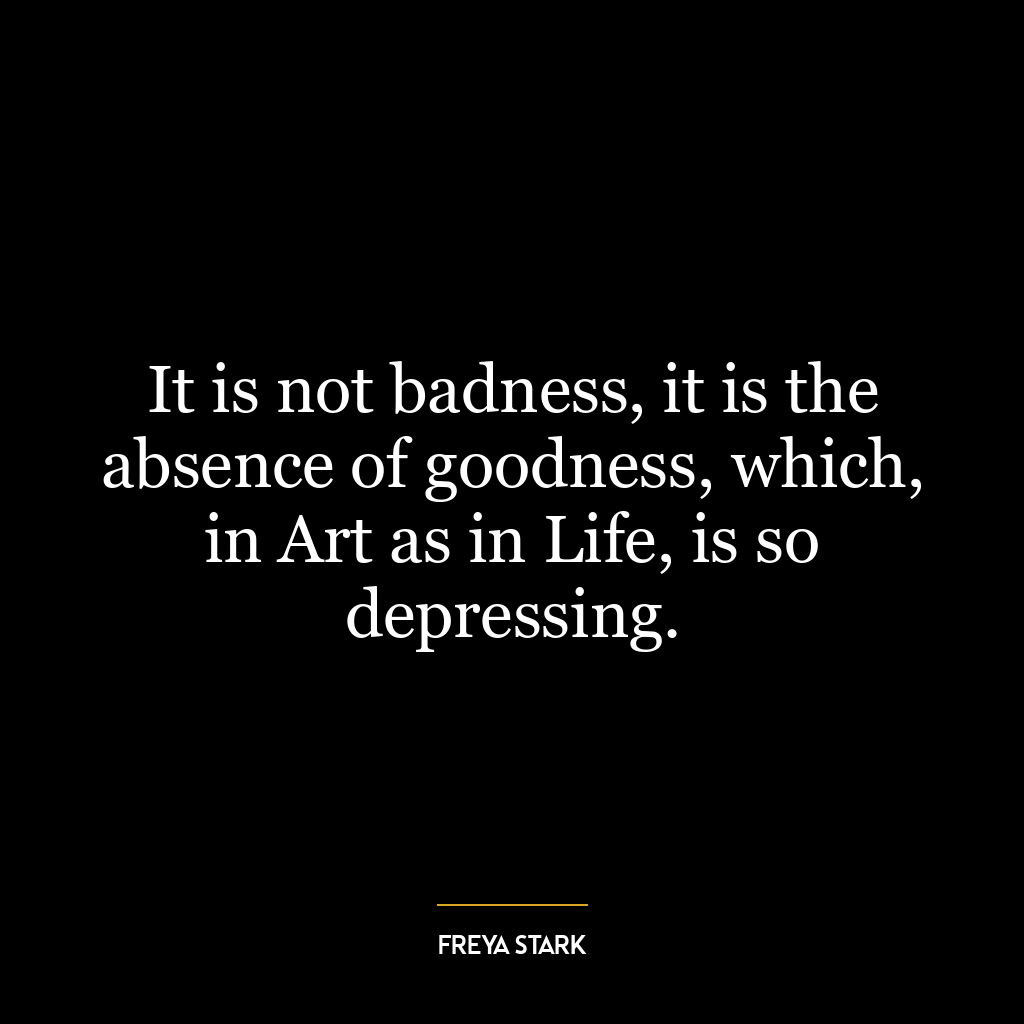This quote suggests that sadism, or the tendency to derive pleasure from inflicting pain or humiliation on others, is not inherently wrong. Instead, Freud implies that it is the application or direction of this tendency that determines its moral standing. Essentially, he argues that sadism can be acceptable, or even beneficial, if it is directed towards proper ends.
In terms of personal development, the quote can be interpreted as a call to harness our darker impulses and use them for constructive purposes. For instance, a person who enjoys dominating others might channel this desire into becoming a successful leader or entrepreneur. Similarly, someone who derives pleasure from causing emotional distress might become a brilliant lawyer or debater, using their knack for manipulation to win arguments and advocate for their clients.
In today’s world, this idea can be applied in various ways. In the realm of politics, for example, politicians often have to make tough decisions that may cause discomfort or even harm to some people. In these cases, a certain degree of sadism might be necessary to make the hard choices and implement policies for the greater good.
In the field of entertainment, sadistic tendencies can be channeled into creating provocative art or literature that challenges societal norms and pushes boundaries. For instance, many successful horror movie directors or thriller novelists may have a certain degree of sadism that allows them to imagine and depict disturbing scenarios that captivate audiences.
However, it’s crucial to remember that the “proper ends” Freud refers to should be ethical and morally acceptable. The potential danger lies in justifying harmful actions by claiming they’re directed towards a “proper end”. Therefore, while Freud’s statement can be seen as a pragmatic approach to human behavior, it also underscores the importance of ethical considerations in directing our actions.








